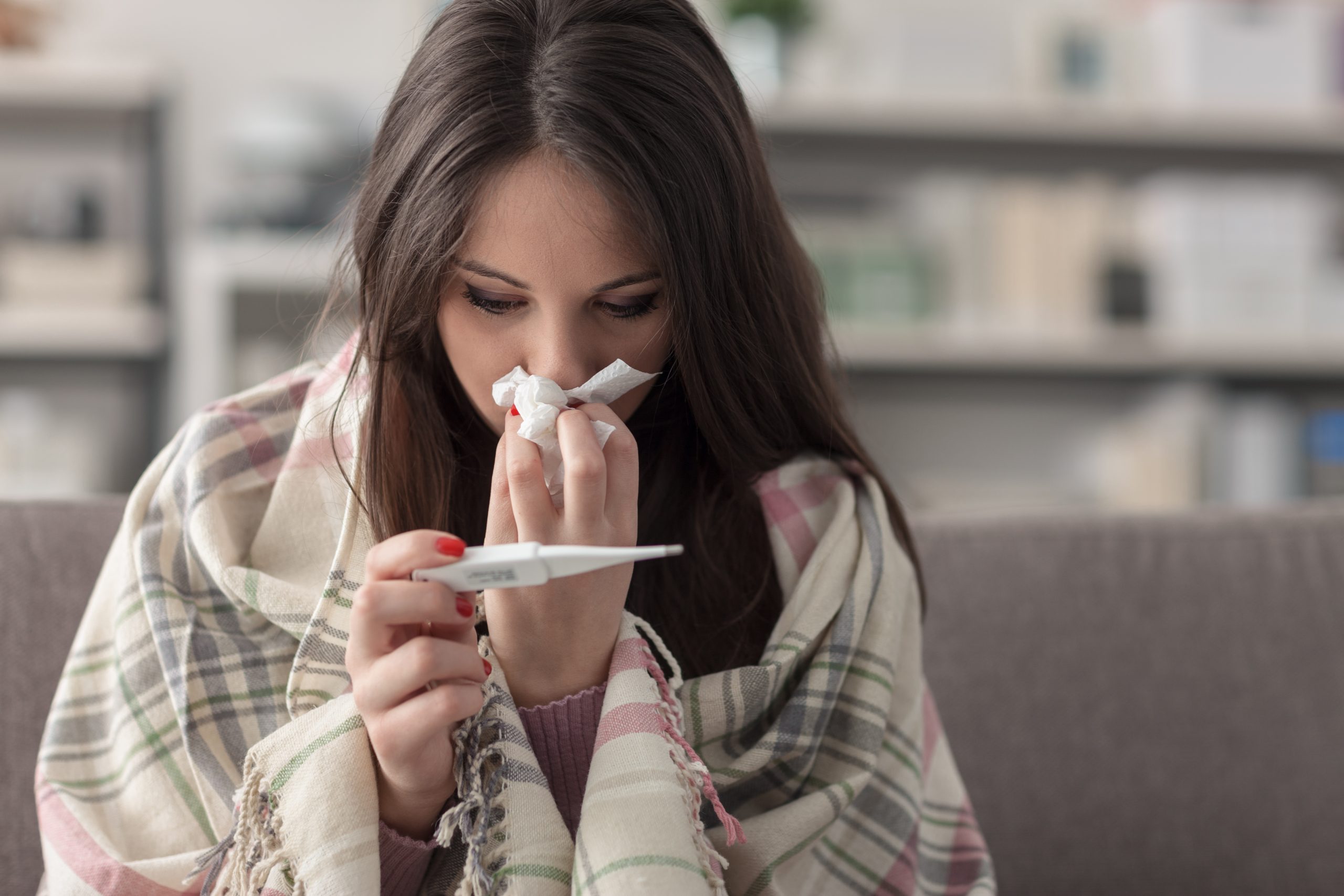Household Bills
Statutory sick pay rises as Covid cases surge

Sick pay for most workers is rising to £99.35 a week from today, at a time when coronavirus cases have reached a record high.
Statutory sick pay (SSP) is the minimum legal amount of money paid if someone is ill and unable to work for four days or more.
But many companies have more generous schemes in place if people are too ill to work.
To qualify for SSP you’ll need to earn at least £120 a week before tax and it is paid for up to 28 weeks. Income tax and National Insurance are also taken off the payments. On the seventh day of being off work, you’ll need to show a sick note from a doctor to your employer.
It covers most employees, including agency staff and those on part-time contracts, but excludes those who are self-employed.
Self-employed workers have no equivalent scheme if they are unable to work because of illness. During the pandemic many of those impacted were told the only option was to apply for Universal Credit if they couldn’t work because they had Covid.
Covid cases on the rise
The increase to sick pay (up from £96.35), comes as Covid cases are steeply rising with one in 13 people believed to have it in the last week of March.
In the last seven days, 425,303 people have tested positive for Coronavirus in the UK, according to government data. There were 1,174 deaths within 28 days of a positive coronavirus test, an 11.7% weekly increase, and 20,398 are in hospital with the illness.
Yet the figures could be higher as in England free Covid testing has now been scrapped for most people, although it is available for some in Scotland and Wales.
During the pandemic a more generous system, the Coronavirus Statutory Sick Pay Rebate Scheme, was introduced. It allowed people who were self-isolating or ill from Covid to start receiving SSP on the first day they were unable to work.
But the enhanced sick pay rules were scrapped last month. There is also no longer a requirement for people to self-isolate in England, even if they have tested positive for Covid.
‘Welcome rise but doesn’t go far enough’
Today’s increase has been welcomed, but many have criticised it for not going far enough during the cost-of-living crisis.
Rachel Harrison, GMB national officer, said: “The UK’s SSP rate is one of the lowest rates in Europe. Workers forced onto SSP rates are left with the dilemma of choosing between going to work poorly or staying home and not being able to put food on the table.
“Today’s increase is just 3%. But with inflation running riot at more than 8%, sick pay cover is being cut in real terms by more than 5%. Our workers deserve better protection.”
Noelle Murphy, senior HR practice editor at XpertHR, added: “With the rate of inflation standing a 6.2%, energy bills increasing and car fuel also rising sharply, the rate of statutory sick pay falls well short of supporting an individual who cannot work due to sickness.
“Where sick pay is not enhanced by employers, employees will be under enormous pressure to work. With the return to the workplace well under way, employees who attend the office while unwell will jeopardise not only their own wellbeing but also the wellbeing of their colleagues.
“Alongside this, of course, with the Coronavirus Statutory Sick Pay Rebate Scheme now closed as of 24th March, it puts pressure on employers to cover statutory sick pay for employees in a time when sickness absence for reasons due to Covid continue to be very prevalent.”